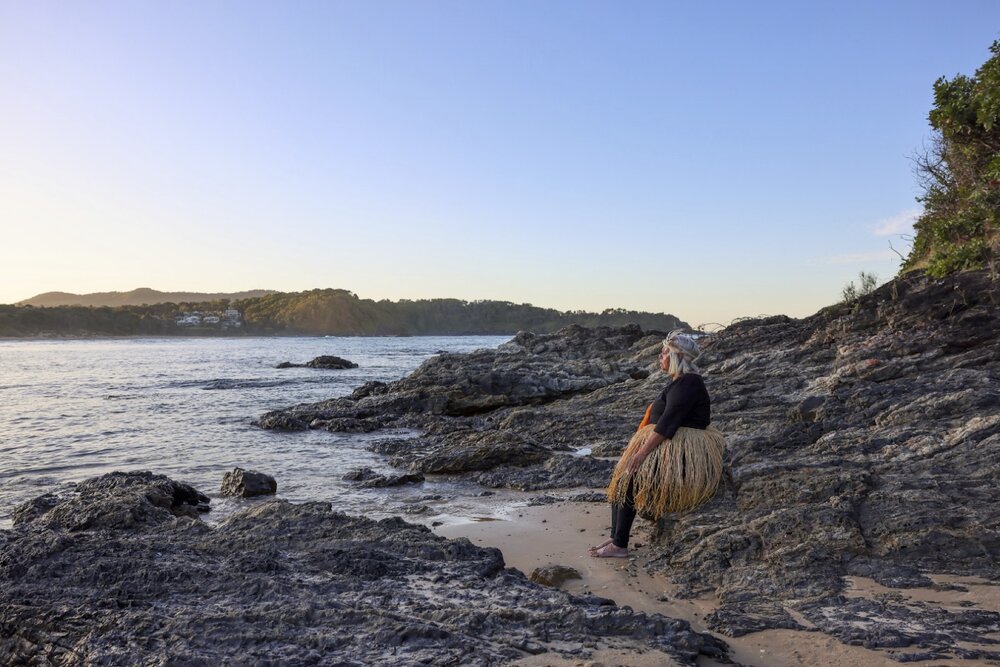Indigenous Earth observations can advance water quality monitoring

Indigenous Peoples were among the first to notice and understand complex changes in the environment around them. Today, their knowledge can provide valuable insights for addressing challenges like changes in Earth’s water systems.
This information helps us understand the water cycle, water quality, water courses, and the impacts of climate change, such as floods and droughts.
What opportunities exist to better incorporate Indigenous Knowledge into Earth Observations, and what are the main challenges?
The power of Indigenous Earth observations
In this webinar, indigenous speakers shared examples of Indigenous Earth observations that can be used for water quality monitoring.
Speakers from various Indigenous communities shared their experiences, highlighting the importance of integrating traditional knowledge into scientific practices.
Yolanda López-Maldonado, co-author of a recently published paper on this topic, will shared recommendations and best practices for anyone looking to engage and share water quality information with Indigenous communities.
The paper examines how Indigenous Peoples report precise and accurate observations of changes in various Earth systems, particularly the hydrological cycle.
“We realized that there are gaps in data for water quality monitoring at local scales. Indigenous peoples report precise and accurate observations of changes in ecosystems, which can significantly enhance global understanding of the hydrological cycle,” she said.
“Indigenous Peoples are very good at observing natural phenomena on a wider scale. This information can significantly enhance global outreach and engagement efforts, hiding in the understanding of hydrological cycle components. It's essential to enable Indigenous Peoples to contribute their scientific knowledge in the use of Earth observations.”
Indigenous knowledge can significantly improve global understanding of water systems and climate change impacts. Supporting Indigenous Peoples to contribute to Earth observations is crucial for the protection of other vital components of the water cycle.
Speakers
- James Rattling Leaf, Sr, GEO Indigenous Alliance, North America (moderator)
- Dr Dawn Martin-Hill, Professor, McMaster University, Ontario, Canada
- Dr Elisabeth Veronika Wambrauw, Head of the Department of Urban and Regional Planning, Universitas Cenderawasih, Indonesia
- Professor Bradley Moggridge, Indigenous Leadership & Engagement, University of Technology Sydney, Australia
- Samwel Nangiria, Pan African Living Cultures Alliance, Tanzania, Africa
- Dr Myrle Ballard, Indigenous Scholar and Associate Professor, University of Calgary, Alberta, Canada
- Yolanda López-Maldonado, Indigenous Earth Systems Scientist
This event was organised by the GEO Indigenous Alliance and GEO AquaWatch, with support from CSIRO’s AquaWatch Australia, International Association for Great Lakes Research and the World Water Quality Alliance. It is also part of a webinar series by the Equality, Diversity and Inclusion (EDI) Subgroup of the GEO Programme Board.